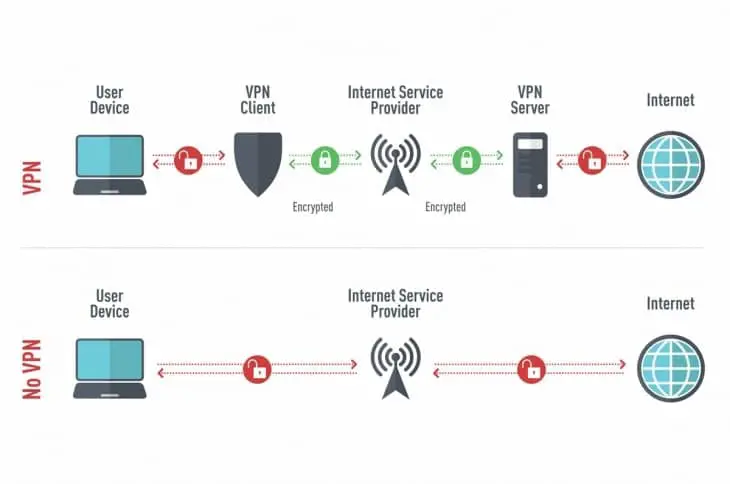Testing mobile apps is not only important for the app quality, but it can also save you time and money. It plays a very critical role in determining whether your product will be successful or not.
The “why mobile app testing is important” is a question that has been asked many times. Mobile apps are becoming more and more popular, but there are still some risks involved with them. The benefits of having an app tested before release will help to ensure the success of the product.
Customers nowadays anticipate flawless mobile apps for shopping, communication, entertainment, education, and other commonplace duties. To assure the quality of the app in a short period of time, it is critical to test mobile applications from beginning to finish throughout the development process. Developers will not be competitive nowadays unless they recognize that ordinary mobile consumers will not accept any hassle in apps. Any software with bugs, crashes, sluggish performance, or security problems will be abandoned by the majority of users. A scalable, user-friendly app that works across all platforms can help you stand out among the millions of other mobile solutions available.

Only when thoroughly developed and executed can a relevant testing approach be introduced into the development process. The goal of app testing is to identify performance issues early in the development process so that they may be addressed without compromising the project’s ultimate cost. Mobile applications can be tested in a variety of ways to achieve thorough quality control since they can be reviewed from all aspects. To guarantee a seamless worldwide launch, an app’s functionality, usability, and consistency must all be evaluated.
App Testing’s Advantages
- QA engineers utilize testing to put themselves in the shoes of the end-user and assess how effectively the application performs. They look into the application’s logic to see whether it’s user-friendly and convenient. The UI and UX tests must be done throughout the development lifecycle to produce amazing results.

- Functioning improves: Each QA team has its own strategy for deciding whether to test an application using actual devices or emulators under various load circumstances, changing networks, and so on. Neither technique is flawless, and it is highly advised that you should not put all your eggs in one basket while evaluating these two options. Simulators are useful for early app development, but you should test your app on actual devices before releasing it to guarantee it works properly. Combining these techniques and complementing them with a device cloud is seen to be the best course of action.

- Building a loyal client base: It’s all about the consumer in the end. Consumers who find your software useful will continue to use it and may even promote it to their friends, allowing you to stand out from the competition and reach even more customers. However, bear in mind that if your app is continuously offending customers, you will not attain significant levels of loyalty. As a result, test regularly and thoroughly. You want more users to download and use your mobile app, but they won’t if it’s broken. As a result, mobile app testing is very important. To stand out in a sea of mobile applications, make sure yours is simple to use, attractive, and dependable.
It’s no simple task to ensure that your app will operate with all users in an age when billions of devices are released each year. It’s critical to be able to test your app in order to improve software and hardware compatibility. Mobile device testing is an important step to do before selling your smartphone since flaws might lead to quality difficulties.
Test plans are used to help developers create a quality product. They are also used to help the company understand how well the app is being received by their target audience. Reference: test plan for mobile application.
Frequently Asked Questions
What are the benefits of software testing?
A: When software is being tested, the developers are able to find bugs and errors before making a product available. This helps prevent customer dissatisfaction at large scale by catching issues that would otherwise cause serious damage to the business of a particular company
What is app testing purpose?
A: The purpose of app testing is to test the UI and functionality of a mobile application, including any possible bugs. A tester can use various tools during an app test such as automated or manual simulators, emulators, debuggers and other software for different devices.
What are app benefits?
A: There are a wide range of benefits to using an app. Some apps focus more on the individual and offer features like personalized workout plans, nutrition information or health management tools that can help you live better and longer. Others choose to connect with other people who share their interests for socializing purposes.
Related Tags
- what is mobile app testing
- best way to test mobile apps
- mobile app testing interview questions
- what is mobile testing for covid-19
- mobile app testing tools


